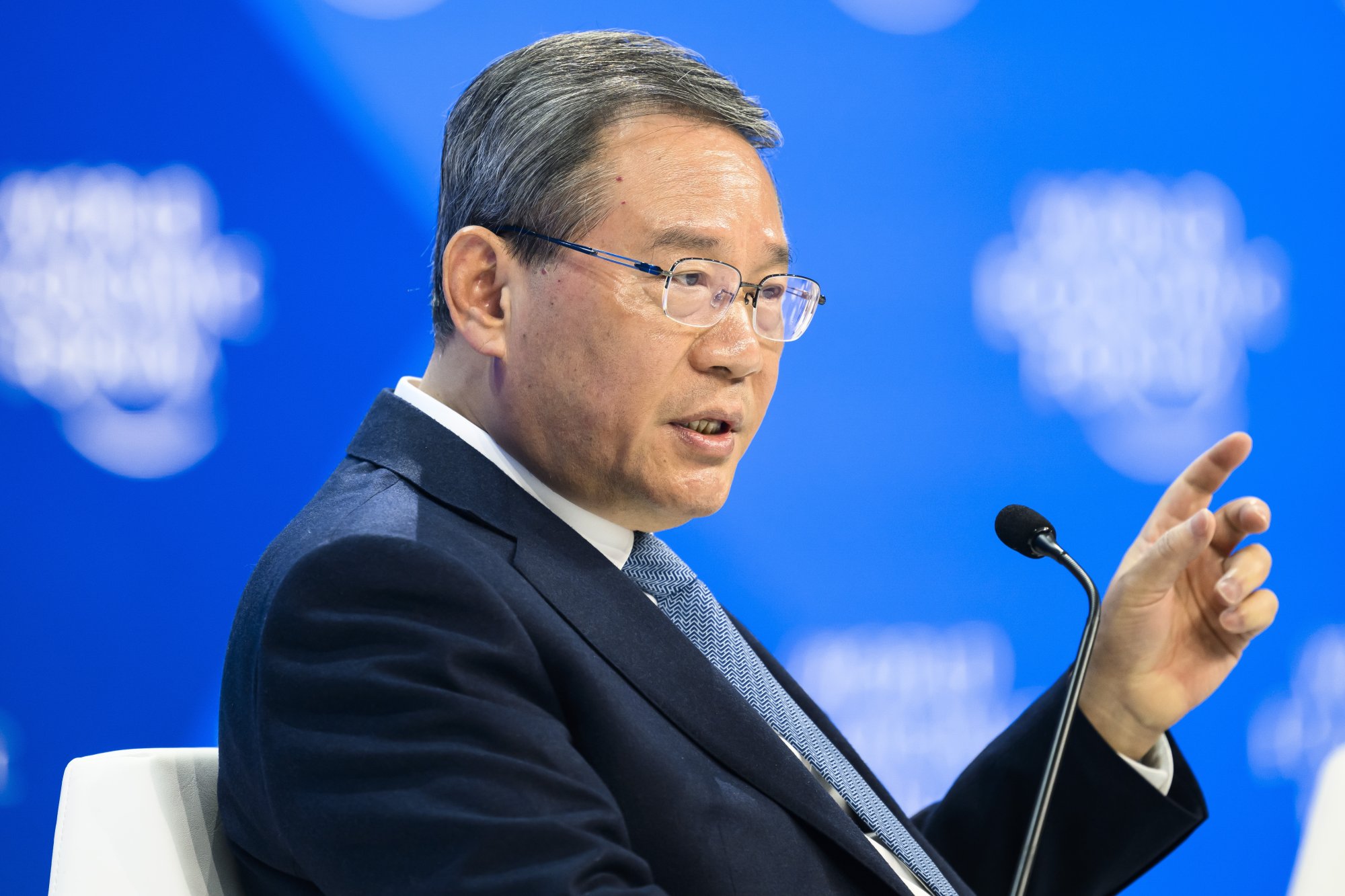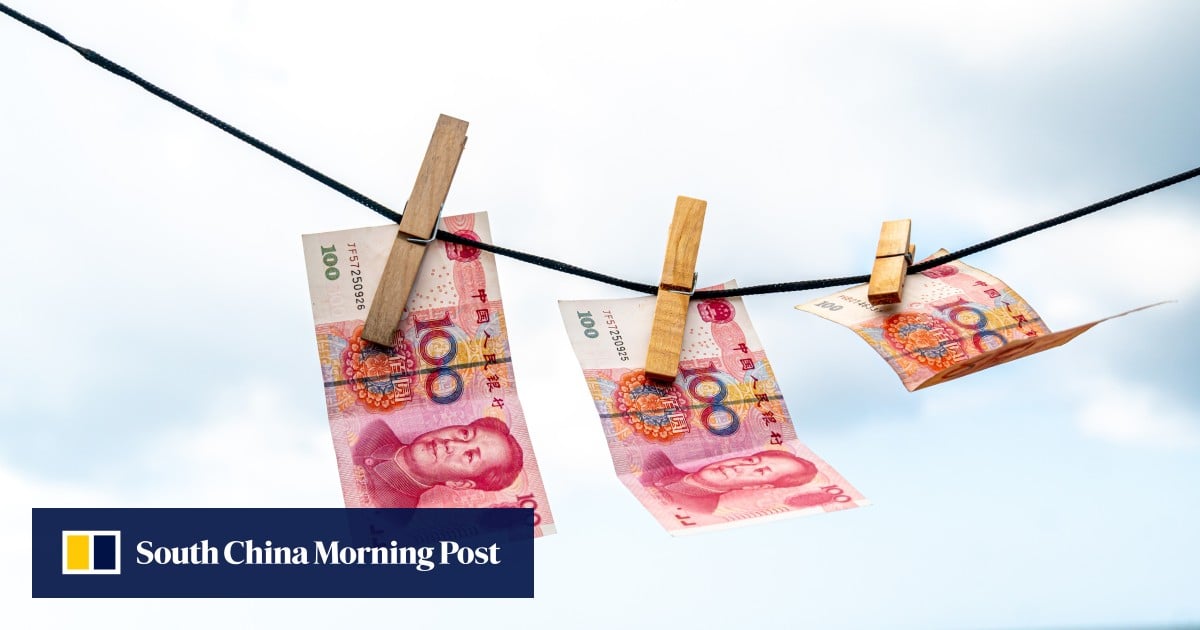China will soon implement revisions to its outdated Anti-Money-Laundering (AML) Law, in a move that legal experts see as a way to address the growing risks associated with virtual assets.
While the full text of the draft amendment has not been made public, the specific aim of the proposed revision is to combat money laundering with virtual assets, according to a January 31 report of Chinese digital news media Jiemian, which cited two legal scholars.
Money laundering related to the use of virtual assets is currently the “most urgent and most necessary” issue to tackle at a legal level, said Yan Lixin, executive director at the China Centre for Anti-Money-Laundering Studies at Fudan University in Shanghai, according to the Jiemian report.

The proposed AML law amendment, which is expected to be passed next year, will address new types of money-laundering risks, according to the Jiemian report, citing Peking University Law School professor Wang Xin, who is involved in the discussions about the law’s revision.
Beijing to draft national Web3 development plan amid strict cryptocurrency ban
Beijing to draft national Web3 development plan amid strict cryptocurrency ban
Revising China’s AML law to address virtual asset-related risks “makes sense”, as international standards and best practices have evolved “significantly”, said Andrew Fei, a partner at law firm King & Wood Mallesons in Hong Kong.
The Financial Action Task Force (FATF), a Paris-based intergovernmental money-laundering and terrorist-financing watchdog, has already set out detailed recommendations to address virtual assets in the proposed AML law amendment.
While that task force rated the mainland as “largely compliant” with its virtual asset-related AML recommendations, its 2020 assessment report indicated that several criteria do not apply to China because the country has prohibited crypto activities.
Shanghai digital currency tax explainer fans speculation on easing of China’s crypto ban
Shanghai digital currency tax explainer fans speculation on easing of China’s crypto ban
China should take into account the relevant FATF recommendations in amending the AML law, according to King & Wood Mallesons’ Fei. He suggested that a “possible way to address these risks is for China’s amended AML law to expressly refer to virtual assets and to give authorities additional powers and tools to target the unique issues arising from virtual assets and new technologies”.
“Although virtual currencies and related activities are banned in China, the borderless and decentralised nature of virtual-asset transactions means that these can still have either a direct or indirect impact on China, especially when used for nefarious purposes,” Fei said.
“China’s focus on combating AML risks associated with virtual assets is broadly consistent with the approach taken in, and urgency felt by, other major countries around the world.”

